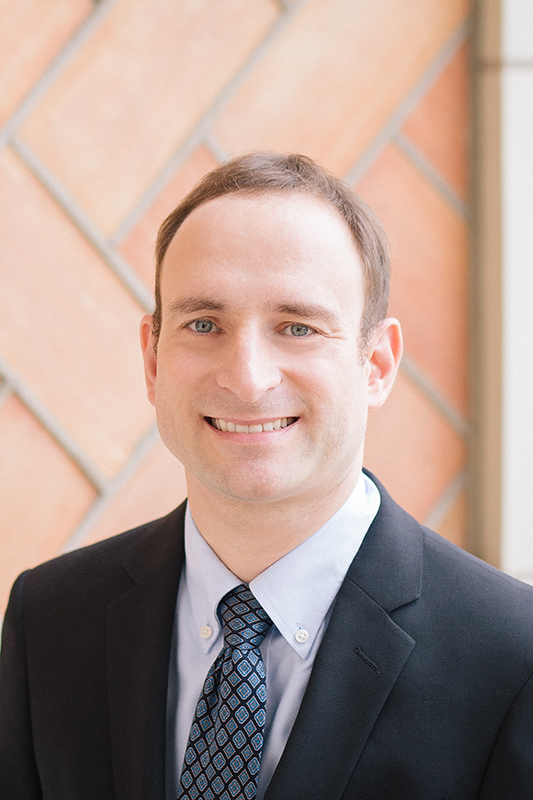WOLFHPC 2015
Fifth International Workshop on
Domain-Specific Languages and High-Level Frameworks for High Performance Computing
November 16, 2015
Full-day workshop in conjunction with
Austin, Texas, USA
Held in cooperation with ACM SIGHPC

| Home
| Advance Program
|
Workshop location: Hilton 408 (next to the Austin Convention Center)
Advance Program
Session 1
Break: 10:00-10:30
Session 2: Applications and Optimizations
| 10:30-11:00 |
Masaki Iwasawa, Ataru Tanikawa, Natsuki Hosono, Keigo Nitadori,
Takayuki Muranushi and Junichiro Makino
"FDPS: A Novel Framework
for Developing High-Performance Particle Simulation Codes for
Distributed-Memory Systems"
[Talk]
|
| 11:00-11:30 |
Christopher Earl
"Puffin: An Embedded Domain-Specific Language for Existing Unstructured Hydrodynamics Codes"
[Talk]
|
| 11:30-12:00 |
Chunhua Liao, Pei-Hung Lin, Daniel Quinlan, Yue Zhao and Xipeng Shen
"Enhancing Domain Specific Language Implementations Through Ontology"
[Talk]
|
| 12:00-12:30 |
Bradley Peterson, Harish Kumar Dasari, Alan Humphrey, James Sutherland, Tony Saad and Martin Berzins
"Reducing Overhead in the Uintah Framework to Support Short-Lived Tasks on GPU-Heterogeneous Architectures"
[Talk]
|
Lunch Break: 12:30-2:00
Session 3
Break: 3:00-3:30
Session 4: Stencils
| 3:30-4:00 |
Chenyang Liu and Milind Kulkarni
"Optimizing the LULESH Stencil Code using Concurrent Collections"
[Talk]
|
| 4:00-4:30 |
Prashant Rawat, Martin Kong, Tom Henretty, Justin Holewinski, Kevin Stock, Louis-Noel Pouchet, J. Ramanujam, Atanas Rountev and P. Sadayappan
"SDSLc: a Multi-Target Domain-Specific Compiler for Stencil Computations"
[Talk]
|
| 4:30-5:00 |
Julien Bigot, Helene Coullon and Christian Perez
"From DSL to HPC Component-Based Runtime: A Multi-Stencil DSL Case Study"
[Talk]
|
| 5:00 |
Closing Remarks
|
Keynote Talks
 Prof. Alex Aiken , Stanford University
Prof. Alex Aiken , Stanford University
Title: "Legion: Programming Heterogeneous, Distributed Parallel Machines"
Abstract: Programmers tend to think of parallel programming as
a problem of dividing up computation, but often the most difficult
part is the placement and movement of data, especially in
heterogeneous, distributed machines with deep memory
hierarchies. Legion is a programming model and runtime system for
describing hierarchical organizations of both data and computation at
an abstract level. A separate mapping interface allows programmers to
control how data and computation are placed onto the actual memories
and processors of a specific machine.
This talk will present the design of Legion and in the process
highlight design choices that any programming model for future high
performance computing systems is likely to have to address. As time
permits, the talk will also discuss the Legion implementation, and
experience with applications, including S3D, a turbulent combustion
simulation.
Bio: Alex Aiken is the Alcatel-Lucent Professor and current
chair of the Computer Science department at Stanford University. Alex
received his Bachelors degree in Computer Science and Music from
Bowling Green State University in 1983 and his Ph.D. from Cornell
University in 1988. Alex was a Research Staff Member at the IBM
Almaden Research Center (1988-1993) and a Professor in the EECS
department at UC Berkeley (1993-2003) before joining the Stanford
faculty in 2003. His research interests lie in areas related to
programming languages, software engineering and high-performance
computing.
 Prof. Franz Franchetti , Carnegie Mellon University
Prof. Franz Franchetti , Carnegie Mellon University
Title:"HPC Libraries as DSL"
Abstract: The usual approach to implementing portable high
performance kernels is to use vendor optimized libraries that
implement standard APIs like the MPI, BLAS, LAPACK or FFTW interface,
and to use standardized annotations like OpenMP or OpenACC to convey
parallelization opportunities. This leaves performance optimization to
the experts knowing the platform and allows application programmers to
focus on functionality. The application programmers are free to use
any language for which the libraries have bindings to implement
functionality not supported by libraries, and to mix and match
libraries.
We present a new take on this tried-and-true concept: We interpret a
subset of BLAS1/2/3, FFTW, and OpenMP, and a subset of C as a domain
specific language targeted at implementing HPC kernels. We then use a
domain specific compiler to extract a high level specification in
SPIRAL's operator language from a program implemented in the domain
specific language, and perform high level cross library-call
optimizations and convert loops over library calls into
aggregate/batch calls. Finally, we translate the resulting
representation into native code for an Intel Haswell CPU, an Intel
Xeon PHI GPU, and a near-memory accelerator that is part of a 3D
logic/DRAM stack that we developed in the context of the DARPA PERFECT
program. For the PERFECT benchmark suite's STAP kernel (space time
adaptive processing), the library based source code then runs
unmodified across the 3 test platforms and fully leverage their
performance capabilities.
Bio: Franz Franchetti is an Associate Research Professor with
the Department of Electrical and Computer Engineering at Carnegie
Mellon University. He received the Dipl.-Ing. (M.Sc.) degree in
Technical Mathematics and the Dr. techn. (Ph.D.) degree in
Computational Mathematics from the Vienna University of Technology in
2000 and 2003, respectively. In 2006 he was member of the team winning
the Gordon Bell Prize (Peak Performance Award) and in 2010 he was
member of the team winning the HPC Challenge Class II Award (most
productive system).
Dr. Franchetti's research focuses on automatic performance tuning and
program generation for emerging parallel platforms and
algorithm/hardware co-synthesis. He targets multicore CPUs, clusters
and high-performance systems (HPC), graphics processors (GPUs), field
programmable gate arrays (FPGAs), FPGA-acceleration for CPUs, and
logic-in-memory and 3DIC chip design. Within the Spiral effort, his
research goal is to enable automatic generation of highly optimized
software libraries for important kernel functionality. In other
collaborative research threads, Dr. Franchetti is investigating the
applicability of domain-specific transformations within standard
compilers. He leads two DARPA projects in the HACMS and PERFECT
program and is PI/Co-PI on a number of federal and industry grants.


